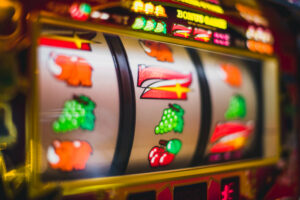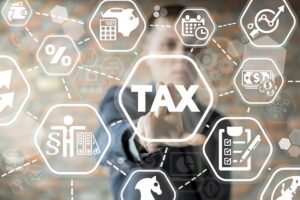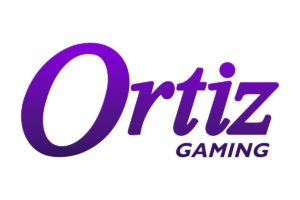Online gambling facing trouble in Pennsylvania
A powerful group is pushing to set high tax rates to online gambling activities in order to make it non-viable in the state.
US.- A group within the Pennsylvania State Senate is attempting to trample down the intent of regulating online gambling in the region. Online Poker Report (OPR) reported that the small but powerful group is demanding ridiculously high tax rates in order to divert the interest in the online gambling activity.
The state budget has already included over US$100 million worth of license fees but, in case that said intentions succeed, another US$300 million would be lost in additional tax revenue that wouldn’t be perceived over the next five years as the high levy would kill online gambling in Pennsylvania.
According to OPR’s sources, the anti-gambling group is led by Senator Tommy Tomlinson, who is apparently gaining endorsement from his colleagues, wants to set tax rates for online gaming at the same rate as land based casinos. Pennsylvania’s land-based slots pay a 54 percent rate and table games a 16 percent one. Previous propositions were aiming to set its tax rate somewhere between 15 and 25 percent.
An OPR poll among New Jersey operators showed that only 5 cents of a dollar from online gambling revenue are profit for the companies as the rest goes to advertising, taxes, regulatory fees and other expenses. Therefore, a tax rate as high as the one proposed recently in the Senate would make the business non-viable in Pennsylvania.
According to Senator Tomlinson, a low tax rate will send land-based casino operators towards online gambling, causing tax revenue losses in the long term. However, there are several indicators that prove him wrong, such as different customers between each gambling method, lower margins in online gambling and operators impossibility to make gamblers switch from land-based to online gaming since they will play wherever they want.
There’s still to be seen whether this attempt to stop online gambling in Pennsylvania succeeds or not, as casino operator’s have already commented that they won’t apply for licences if Tomlinson’s proposal gets approved.









